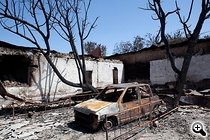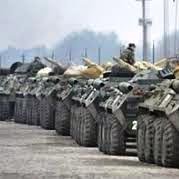(Eurasianet) For years, Kyrgyz herders from Osh’s hilly outskirts would come down to Ozoda Salieva’s house and take her cow and several sheep, and, for a small fee, fatten them up in a summer pasture. Salieva, a 73-year-old pensioner, says it was a long-standing tradition.
But in the early summer of 2011, when herders came to her house, Salieva’s family told them to go away. Clashes between Kyrgyz and Uzbeks – Kyrgyzstan’s largest minority – in June 2010 left Salieva’s predominantly ethnic-Uzbek neighborhood, Cheremushki, a smoldering ruin. Her family came to distrust the Kyrgyz. […]
True, the government is weak and lacks resources. But there are political considerations as well, Shairbek Juraev of Bishkek’s OSCE Academy told EurasiaNet.org. “Ahead of parliamentary elections [this fall], officials are reluctant to tackle the problems of ethnic minorities, including Uzbeks, because this would alienate powerful voting constituencies that are mainly ethnic Kyrgyz from rural areas,” Juraev said. He expressed concern the elections could reinforce interethnic tensions because “some opportunistic politicians will attempt to get votes by appealing to nationalistic sentiments.”
Read More © Eurasianet











